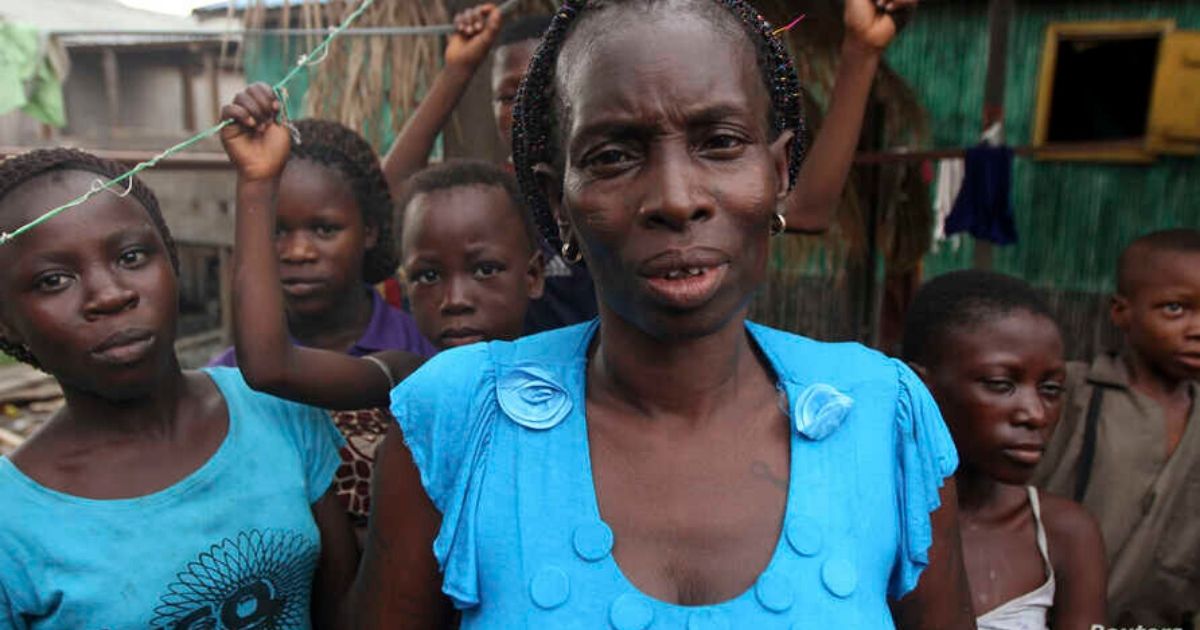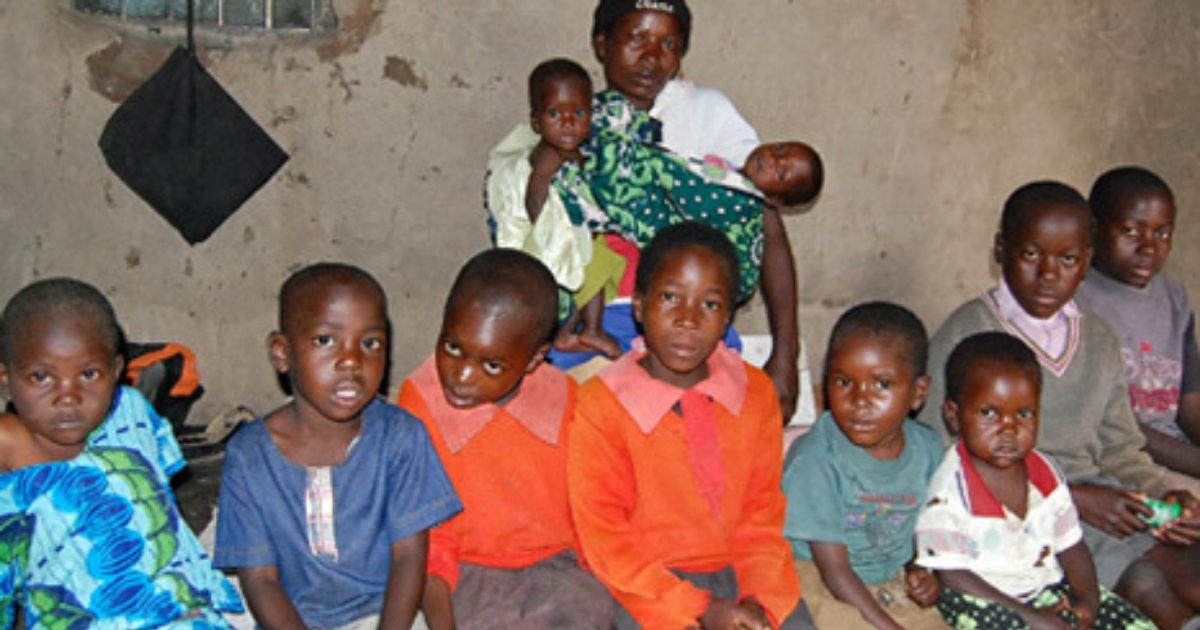A new study has found that the world’s population is likely to peak at 9.
7 billion in 2064, and then decline to about 8.8 billion by the end of the century, as women get better access to contraception and education.
Researchers from the Institute for Health Metrics and Evaluation at the University of Washington’s School of Medicine has said that by 2100, 183 of 195 countries will not have fertility rates required to maintain the current population, with a projected 2.1 births per woman.
In a CNN report, Dr. Christopher Murray, who led the research, said that ‘the world, since the 1960s, has been really focused on the so-called population explosion.’
“Suddenly, we’re now seeing this sort of turning point where it is very clear that we are rapidly transitioning from the issue of too many people to too few.”
The researchers added that Japan, Thailand, Italy, and Spain, and some other 23 countries see populations shrink by more than 50%.
However, the population of sub-Saharan Africa could triple, allowing for just under half of the world’s population to be African by the end of the century.
The modeling study published on Tuesday in The Lancet forecasts dramatic declines in working-age populations in countries including China and India, which will hurt economic growth and could have negative implications for labor forces and social support systems.
As fertility declines, the researchers note that immigration could balance population shrinkage, particularly in countries with low fertility, such as Canada, the US, and, Australia.







